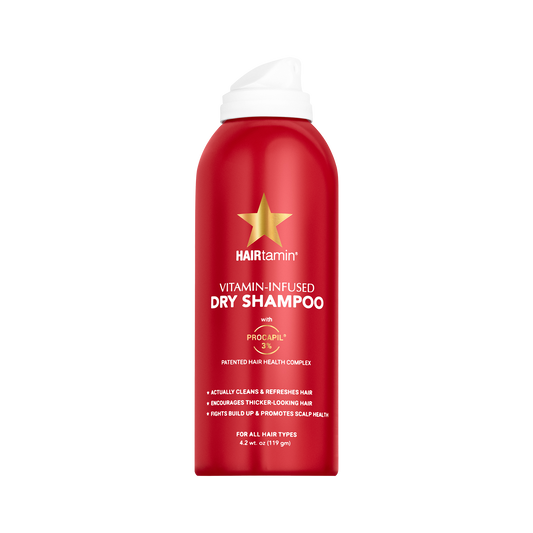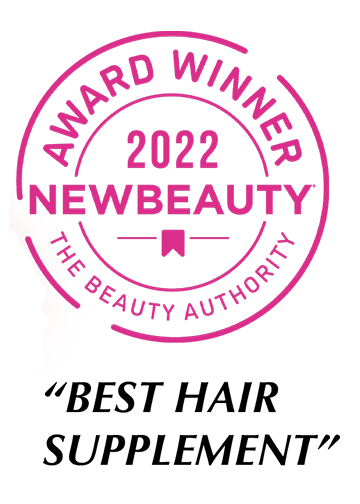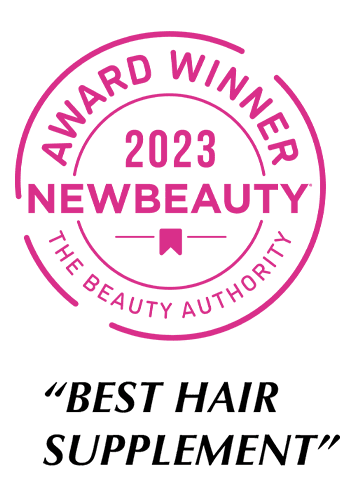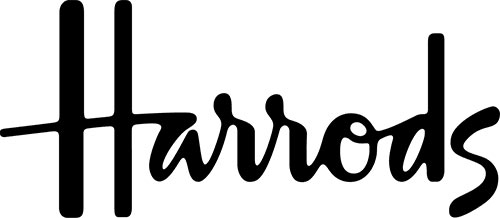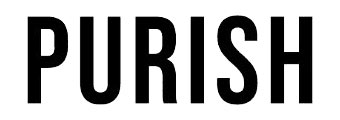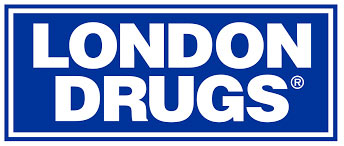Wondering if hair vitamins actually deliver on promises like thicker hair, less shedding, and better shine? You’re not alone. “Are hair vitamins effective” is one of the top questions people ask online—and it deserves a clear, research-based answer.
This guide unpacks how hair vitamins work, what clinical trials reveal, what experts say, and how to choose a formula that might actually help—plus how to use it safely and realistically.
How Might Hair Vitamins Work?
Healthy hair growth depends on follicles, nutrient status, hormonal balance, and circulation. When these are disrupted—due to stress, aging, nutrient gaps, or hormones—shedding or thinning can follow.
Hair supplements typically include nutrients such as biotin, zinc, iron, vitamin D, B vitamins, saw palmetto, turmeric, collagen peptides, and adaptogens. Research suggests these may:
- Support keratin and collagen synthesis to strengthen strands
- Reduce inflammation and improve scalp circulation
- Help balance DHT levels naturally with ingredients like saw palmetto
These types of nutrients may be helpful particularly when hair issues are related to deficiencies or stress-related shedding*
What Do Clinical Studies Show?
🔍 Ablon et al. Six‑Month RCT in Women
A randomized, double‑blind, placebo‑controlled study over six months in women with thinning hair found significant increases in terminal and vellus hair count, hair density, and quality in the supplement group versus placebo—without notable side effects*
🧪 Similar Study in Men
A marine-complex supplement trial in men with thinning hair likewise showed significant improvements in hair count and density at 90 and 180 days*
📚 Meta‑Review in JAMA Dermatology
A systematic review concluded that targeted nutritional interventions may benefit individuals with deficiencies or inflammation—but there’s little evidence of effectiveness in healthy adults without those issues*
What Experts and Health Organizations Advise
The International Society of Hair Restoration Surgery (ISHRS) recommends getting lab tests first before starting supplements, as excessive intake—especially of fat-soluble vitamins—can backfire*
Both Harvard Health and consumer health sources note that most healthy adults meet micronutrient needs via diet and are unlikely to gain measurable benefits from supplementation*
Expert reviews emphasize that biotin tends to help only people with a deficiency, while benefits for the general population are unproven*
Who Is Most Likely to Benefit?
Hair vitamins may be effective if any of the following apply:
- Lab tests confirm deficiencies in nutrients like iron, zinc, vitamin D, or biotin*
- You’re experiencing telogen effluvium due to stress, illness, hormonal shifts, or postpartum status
- Your diet is restrictive or low in micronutrients
- Your scalp shows signs of inflammation, dryness, or brittleness
However, if your labs are normal and you eat a balanced diet, the chances of seeing visible benefits from supplements are low*
Potential Issues and Limitations
Breakouts & Biotin Interference
High-dose biotin (≥5 mg/day) may cause acne in sensitive individuals and can interfere with lab tests—especially thyroid and troponin assays. Experts advise stopping biotin 48 hours or more before testing*
Risk of Excess
Too much vitamin A, D, or E may actually contribute to hair thinning or toxicity—particularly when intake exceeds recommended daily values*
Under‑dosed Formulas
Some supplements contain ingredient levels far below those used in clinical trials—resulting in little to no effect*
How to Test Effectiveness for Yourself
- ✔ Get baseline labs for iron, vitamin D, zinc, B7, and B9
- ✔ Use a trusted supplement daily with food
- ✔ Take consistent photos and track shedding monthly (over 3–6 months)
- ✔ Pause biotin if lab work is scheduled or if side effects appear
Realistic Results & Timeline
On average, hair grows about ½ inch per month. Visible improvements in shedding, volume, or shine typically appear around 3 to 6 months—especially when nutrient gaps are present.
Supplementation works best when paired with a nutrient-rich diet, hydration, stress reduction techniques, and gentle hair care (low heat, scalp massage, sulfate-free products).
Bottom‑Line: Are Hair Vitamins Effective?
Hair vitamins can be effective—especially if your hair issues are linked to nutrient deficiencies, inflammation, or stress-related shedding. However, in healthy individuals without those underlying issues, evidence is limited and outcomes are often minimal.
Recommended Formulas Worth Considering
If you’re looking for clean, clinical formulations that aim to support hair effectively, these are well‑designed options:
HAIRtamin Advanced Formula delivers biotin, zinc, folate, saw palmetto, collagen peptides, turmeric, and adaptogens in clinical doses. It’s third‑party tested, gluten‑free, dairy‑free, and free from added sugar or synthetic fillers.
HAIRtamin Gummy Stars provide the same core nutrients in a tasty gummy form—perfect for consistent daily use, especially if swallowing capsules is difficult. They offer convenient travel-friendly dosing with the same ingredient integrity.
Both formulas are intended to be used consistently for at least 3–6 months and work best alongside a balanced diet, hydration, and healthy lifestyle habits.
Sources
- * Ablon G, Kogan S. A 6-month randomized, double-blind, placebo-controlled study evaluating a nutraceutical supplement for promoting hair growth. JDD, 2018.
- * Ablon G. A 3-month randomized study of oral marine protein supplements in men with hair thinning. JDD, 2016.
- * Journal of Clinical and Aesthetic Dermatology. Systematic review of oral hair growth supplements. 2021.
- * International Society of Hair Restoration Surgery. Vitamins and hair loss guidance. ISHRS.org.
- * Harvard Health Publishing. Biotin may interfere with lab tests. 2019.
- * PMC. Review of biotin for hair, nail, and skin support. 2023.
- * Healthline. Does biotin help hair growth? 2022.
- * JAMA Dermatology. Nutritional interventions for non-scarring alopecia. 2020.

